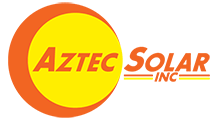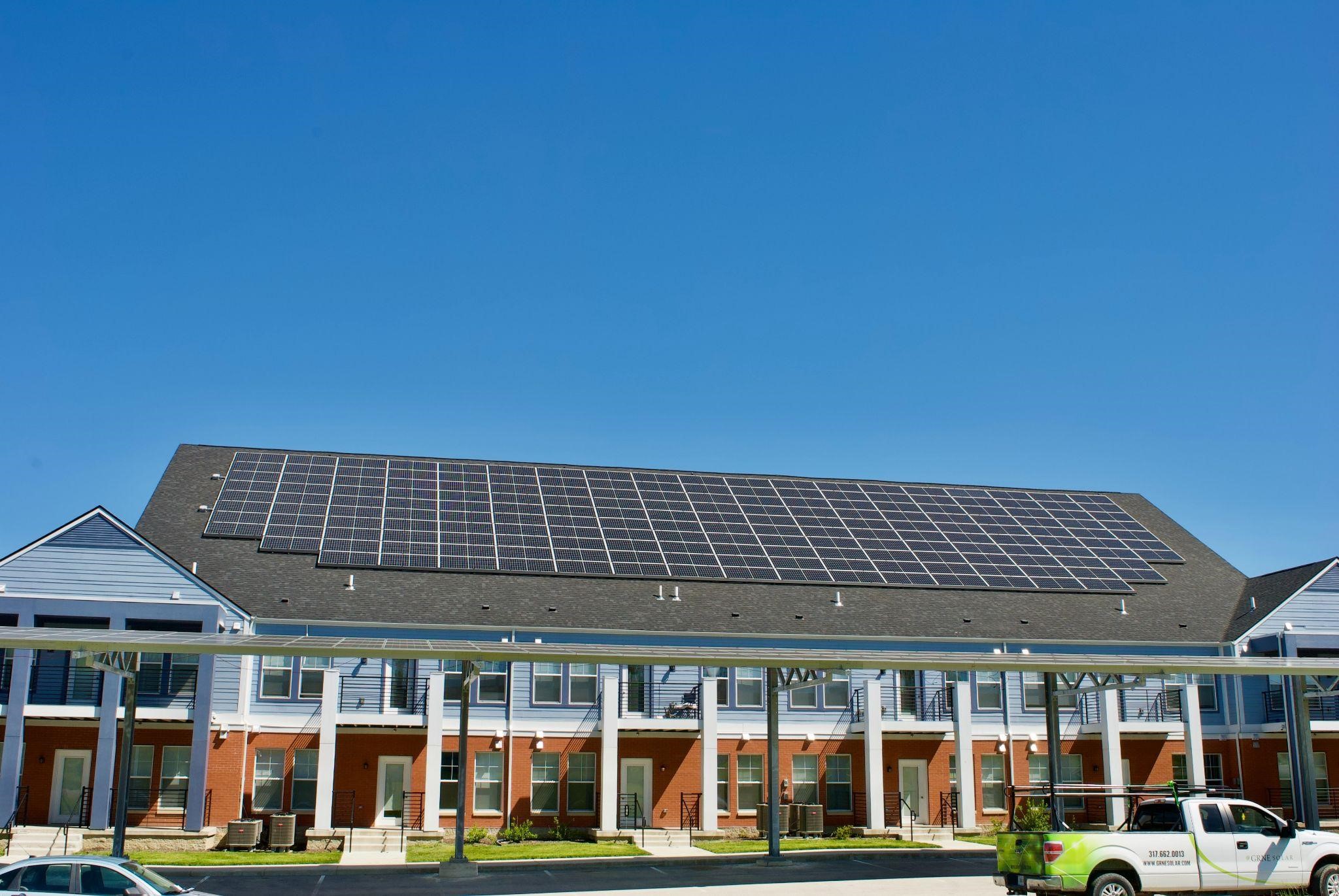More people are looking for environmentally friendly products and services to reduce their carbon footprints. Businesses are transitioning away from emission-producing methods as a result of customer demand. Many businesses use renewable energy to support their sustainable production and distribution processes.
In 2020, the solar sector had its most lucrative year. It has progressed technologically and produced at a higher pace since then. Companies are being compelled to adopt solar by specific incentives and government backing.
Extensions of time to pay taxes
The solar tax credit is indeed one of the incentives encouraging companies to implement solar. However, as Congress had predicted, individuals anticipated the credit to diminish by 4% in 2021. Reducing the incentive would have resulted in lower solar sales, higher emissions and a decrease in the country’s sustainability.
President Biden announced in June that the solar Investment Tax Credit (ITC) would be extended for another two years. Companies may now get a 26% tax credit when buying solar panels, making the system more affordable. They can put their profits away and use them to pay off their initial investment swiftly.
Keeping utility costs low
One of the most cost-effective methods to generate energy is with solar energy. Therefore, business owners may save money by lowering their energy expenditures and investing in more successful ventures. They might also use the funds to pay off their solar loans, thus eliminating their power bills.
Companies can utilize their extra revenue to help their workers by providing more extended benefits once they have paid off their systems. The capacity of a corporation to retain constant and stable employment rates may be aided by financial and care benefits. Solar energy also enhances customer loyalty, resulting in increased profitability.
Independence in terms of energy
Another benefit of solar for businesses is energy independence. Each year, companies in the U.S. lose about $140 billion due to power disruptions. In addition, individuals should expect a spike in the number of brownouts and blackouts as global temperatures rise and natural catastrophes become more common. Installing solar panels might help businesses avoid the financial costs of outages.
It is possible to increase electrical dependability by reducing dependency on the grid. This also offers the company a competitive edge. For example, if they are the only ones open after a major storm, their sales could skyrocket.
Build back a better plan with the help of the build back better plan
When Joe Biden was elected, he enacted the Build Back Better plan, which promotes long-term economic growth and job creation. He also set a national aim of carbon neutrality, which increased demand for carbon-free energy. President Biden extended the solar tax credit to meet these goals, making renewable energy more accessible to families and businesses.
Clean electricity also provides additional work prospects, thus shifting our energy dependency to green sources can increase job chances and security.
With the Build Back Better plan’s sustainable investment, President Biden financially supports companies’ adoption of solar energy.
Financial incentives and rebates
The state-by-state financial rebates are another reason to go solar. A firm may be eligible for a discount if it is one of the first in its region to install solar. Some refunds might be as high as 20%, greatly lowering the cost of a system.
Solar Renewable Energy Certificates (SRECs) are also available in some states. SRECs can be sold to utilities, increasing the profitability of surplus power producing systems. They also contribute to the state’s sustainability by delivering emission-free electricity.
Many states recognize and reward businesses for their efforts to produce renewable energy. Businesses are also eligible for performance-based incentives after acquiring and installing solar systems. Performance-based incentives (PBI) like SRECs compensate companies for the solar energy they generate.
Companies receive a regular payment based on kilowatt-hour credits as part of the incentive. A big profit may be produced over time depending on the size of the solar array. Companies can also save money by utilizing solar to reduce their utility expenses.
Providing support for eco-consumer needs
Investing in renewable energy technologies will help a firm become more profitable over time. It also boosts its marketability by appealing to a growing target market. In addition, it is believed that industries will be supported by a sustainable and circular economy in the future.
Companies can start preparing for the broad move to sustainability today by using renewable energy and other environmentally friendly measures. Consumers are also looking for products and services with a low carbon footprint. When firms employ solar energy to create their products, they can offer customers low-carbon, long-term solutions.
Contact us today to get started on installing solar for your business!



Recent Comments